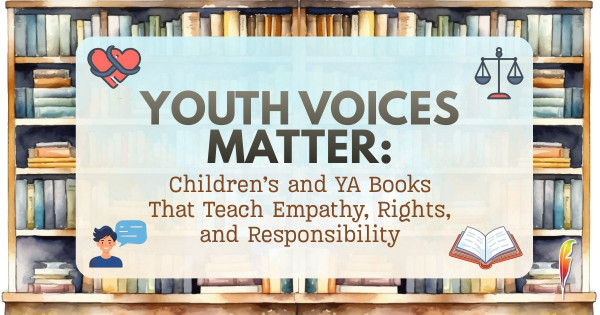.png)
Discover the Person Behind the Pen: Mark S. England
Step into the captivating world of storytelling as we get to know Mark S. England, an author whose words in Nightingale Sings have engaged readers around the globe. In this exclusive feature, we delve into the inspirations, passions, and creative processes that breathe life into their unforgettable books and projects. Whether you're a long-time fan or discovering their work for the first time, this is your chance to uncover the magic behind the pen and get a glimpse into the mind of one of Austin Macauley's compelling authors.
What aspects of your Greek Mythology (Sappho & Lesbos) influenced this book?
I have been a Greek mythology junkie since elementary school. I loved the classical Greek idea that gods and goddesses were imperfect and motivated by things like greed and jealousy and lust, just like people. My Sappho, the most revered lyric poet of all time, is far from perfect. In this aspect, her story is quintessentially Greek.
What led you to write this book?
I had a falling out with an old friend many years ago. Her early life was a lot like my Sappho’s. I wanted to tell the story of a beautiful soul who was so damaged by life’s vicissitudes that she couldn’t separate friendship from sex. The story actually started out as revenge—my wife put a magnet on my car that says “Watch out or you’ll end up in my novel.”—but I felt myself sympathizing more and more with Sappho until I could no longer fault my former friend for the way she turned out. The book is now more of a tribute to her.
What do you want people to walk away with after they’ve read your book?
The very explicitly stated theme, spoken by the character Diotrephes, that even a broken person can be so incredibly beautiful.
How did you approach your writing process with such an iconic tale?
Well, I did a lot of research about Greek culture, language and technology of the time. But I also took a lot of artistic liberties. The ancient Mediterranean is really just the backdrop for what I intended to be a story with a very modern flavor. Not everyone is a classicist, but most people understand love and loss and the general unfairness of life.
Do you have a favorite scene in the story?
My favorite scene is actually one of the saddest. When Sappho watches her governess die unjustly, having done something terrible to protect the young poet.
Which character did you find hardest to write in your book? Why?
Agathon, Sappho’s abusive uncle. It’s hard to understand how a person can be that evil.
Are there any hidden meanings and symbols embedded in the book? If so, can you elaborate on one?
Actually, one of my goals in writing this book was to make it perfectly straightforward and accessible. But I did insist on starting each of the three parts with an epigram in Ancient Greek. Those have particular meaning, but the story is perfectly understandable without the reader having any knowledge of Greek. That being said, I’ll be happy to translate those for anyone who asks.
Who is Mark?
I am first and foremost a helper, and hope and compassion are my two favorite virtues. Very helpful in my current day job in public mental healthcare. But deep down inside, I was meant to be an artist. Interesting because both of my parents are scientists. I have been a writer, actor, and amateur musician pretty much for my entire life. It’s extremely gratifying to finally be able to share my art with what I sincerely hope will be many, many people. And, true to my nature, I hope my creation makes at least some of them feel less alone.
We use cookies on this site to enhance your user experience and for marketing purposes.
By clicking any link on this page you are giving your consent for us to set cookies



